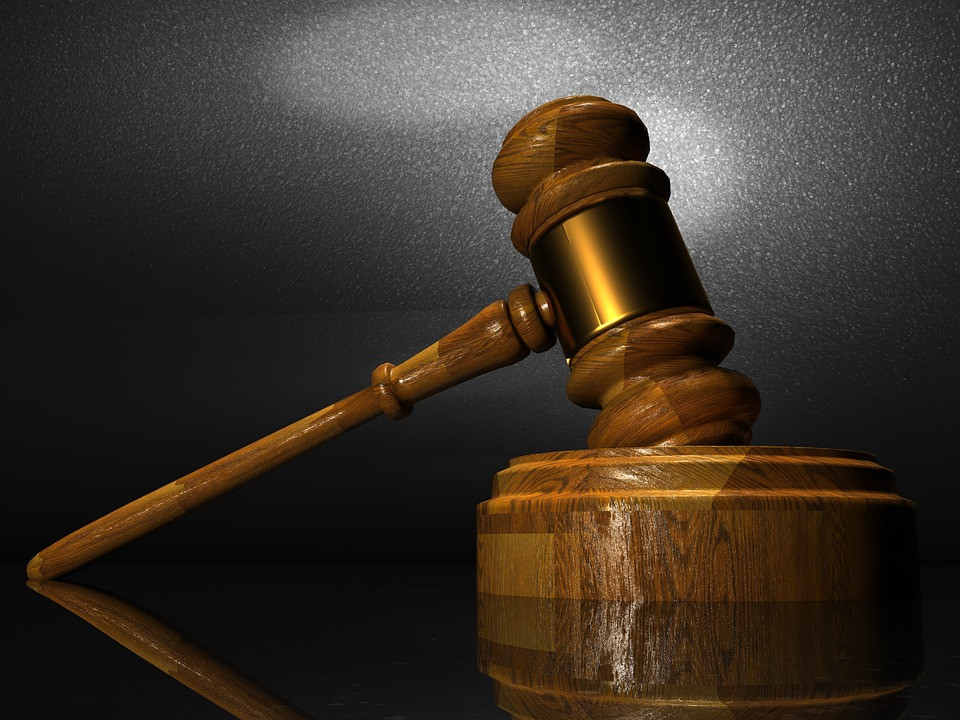
Q: The images from Ukraine are horrifying. If actions taken by Russian President Vladimir Putin are actual war crimes, what legally can be done?
H.L.D., Carson
A: The Geneva Conventions are several related treaties adopted and amplified from 1864 to 1949, and which represent a legal basis and framework for “the conduct of war” under international law. Each member of the United Nations has currently ratified the conventions, so they can be viewed as accepted and applicable to each instance of armed conflict in the world.
But additional Protocols to the Conventions — which were adopted in 1977, and embody the most pertinent and detailed protections of international humanitarian law — are not ratified yet.
A war crime is defined as a violation of the laws of war that can lead to an individual being charged with criminal responsibility for their actions. Examples include intentionally killing civilians, torturing people and unnecesssarily destroying civilian property.
Based on what is being presented through the news, it would certainly seem that Russia (with Putin at the helm) has committed specific war crimes in Ukraine or, at minimum, that the possibility of war crimes should be very carefully investigated.
Note that the death of a non-combatant does not necessarily constitute a war crime because there are many factors taken into consideration, such as principles of proportionality and military necessity. The deaths of civilians — horrendous and tragic as it is — may, for example, be deemed “collateral” to the aim of an attack to take-out an ammunitions facility. Has Putin, however, ordered strikes on a hospital, used banned weapons and/or intentionally had civilians killed? Does the news have it all wrong?
Ron Sokol
Research indicates the prosecutor for the International Criminal Court has already opened an investigation into possible war crimes committed by or on behalf of Russia in Ukraine. This followed requests by an unprecedented number of the ICC’s member states. These requests fast-track an investigation because now the prosecutor does not have to seek approval of the ICC in The Hague (thereby saving several months).
Once evidence is gathered and if found to be sufficient, the question that arises is which court should then try the matters.
Ukraine has given the ICC jurisdiction to investigate on its territory, but Ukraine is not a party to the court.
Instead, there are efforts underway to persuade other governments to fill the void by setting up a special international criminal tribunal to try Putin, and his regime, for the crime of waging an illegal war. Arrest warrants can be issued and persons who are charged can, in fact, be prosecuted and punished.
Today, most war crimes are punishable either by death or long-term imprisonment.
One example is Radovan Karadzic, a Bosnian Serb politician who served as the president of Republika Srpska during the Bosnian War. He was later convicted of genocide, crimes against humanity and war crimes by the International Criminal Tribunal (on behalf of then-Yugoslavia). He was sentenced to life imprisonment on March 20, 2019. Research indicates that war crime cases can take quite a long while to play out. Slovodan Milosevic, former president of Serbia, died during his war crimes trial, which had stretched out for more than five years. He was the first sitting head of state to be charged with war crimes, which included allegations of genocide, murder and inhumane acts.
As to Putin: It will take major effort to bring him to justice for war crimes. One can only imagine how aggressively he would seek to resist arrest, let alone capture. Still, there is movement to hold him accountable for what we are seeing and hearing. I want to say, “Where there’s a will, there’s a way” — but only time will tell.
Ron Sokol has been a practicing attorney for over 35 years, and has also served many times as a judge pro tem, mediator, and arbitrator. It is important to keep in mind that this column presents a summary of the law, and is not to be treated or considered legal advice, let alone a substitute for actual consultation with a qualified professional.
